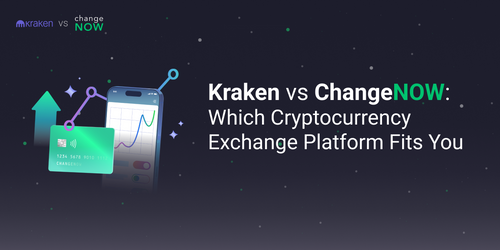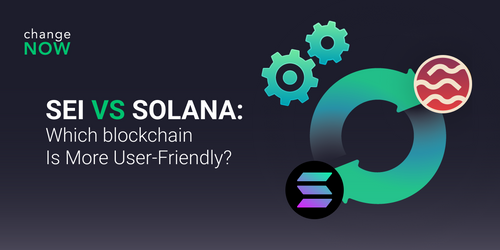What is Cold Wallet and Hot Wallet?

Welcome to the world of cryptocurrency! If you're new here, you might feel like you're diving into an ocean of jargon and high-tech wizardry. But don't worry; we're here to help you navigate these waters. Today, we're going to talk about something super important: wallets. Not the kind you put in your back pocket, but digital wallets for your crypto. Specifically, we'll be diving into hot and cold wallets. Ready to unlock the secrets? Let's get started!
What is a Crypto Wallet?
Think of a crypto wallet like a bank account for your digital money. It's where you store your cryptocurrencies, like Bitcoin, Ethereum, and others. There are different types of wallets, but today, we'll focus on two: hot wallets and cold wallets.
Hot Wallets
A hot wallet is like having your cash in a readily accessible savings account. It's connected to the internet, which means you can quickly and easily make transactions. Hot wallets are super convenient, especially if you're frequently trading or using your crypto.
Use Cases for Hot Wallets:
- Everyday Spending: Use your hot wallet for everyday transactions and purchases.
- Active Trading: If you're regularly buying and selling crypto, a hot wallet lets you move quickly.
- Immediate Access: Need quick access to your funds? A hot wallet is just a click away.
Types of Hot Wallets
- Desktop Wallets are applications that you download and install on your computer. They provide a high level of control and security for your crypto assets as they are only accessible from the device they are installed on.
- Mobile Wallets are apps designed for smartphones. They offer the convenience of managing crypto on-the-go and are typically equipped with features like QR code scanning for easy transactions.
- Web wallets are accessible through web browsers. They are convenient as they can be accessed from any device with an internet connection, but they are also more vulnerable to phishing attacks and other online threats.
- Exchange wallets are provided by cryptocurrency exchanges. While they are convenient for trading, they are not ideal for long-term storage due to the risk of hacks.
Cold Wallets
On the flip side, a cold wallet is like a high-security vault. It's not connected to the internet, making it much safer from hackers. Cold wallets are ideal for storing large amounts of crypto that you don't need immediate access to.
Use Cases for Cold Wallets:
- Long-Term Storage: Perfect for holding onto your crypto investments for the long haul.
- High Security: If security is your top priority, a cold wallet offers peace of mind.
- Offline Protection: Keep your assets safe from online threats with a wallet that's offline.
Types of Cold Wallets
Hardware wallets are physical devices designed specifically to store private keys securely. These devices, often in the form of USB drives, require physical confirmation for transactions, making them highly secure and immune to computer viruses.
Paper wallets are another type of cold wallet, consisting of a physical piece of paper on which your private and public keys are printed. These are usually generated using a secure offline tool. Because they are completely offline, paper wallets are immune to hacking and can be stored in a safe place for added security.
Air-gapped computers are devices that are never connected to the internet, used solely for creating and storing private keys. This setup creates a highly secure environment as the keys are generated and stored offline. An old laptop, repurposed and disconnected from the internet, can serve this function effectively when combined with cold storage software.
Hot vs. Cold Wallets: The Showdown
To make things crystal clear, here's a handy comparison table to show the differences between hot and cold wallets:
| Feature | Hot Wallet | Cold Wallet |
|---|---|---|
| Internet Connection | Yes | No |
| Accessibility | High – easy to access and use | Low – not as easily accessible |
| Security | Good, but vulnerable to online threats | Excellent – offline and secure |
| Ideal For | Frequent transactions, active trading | Long-term storage, high security needs |
| Example Use | Buying a coffee with Bitcoin | Storing your retirement crypto fund |





